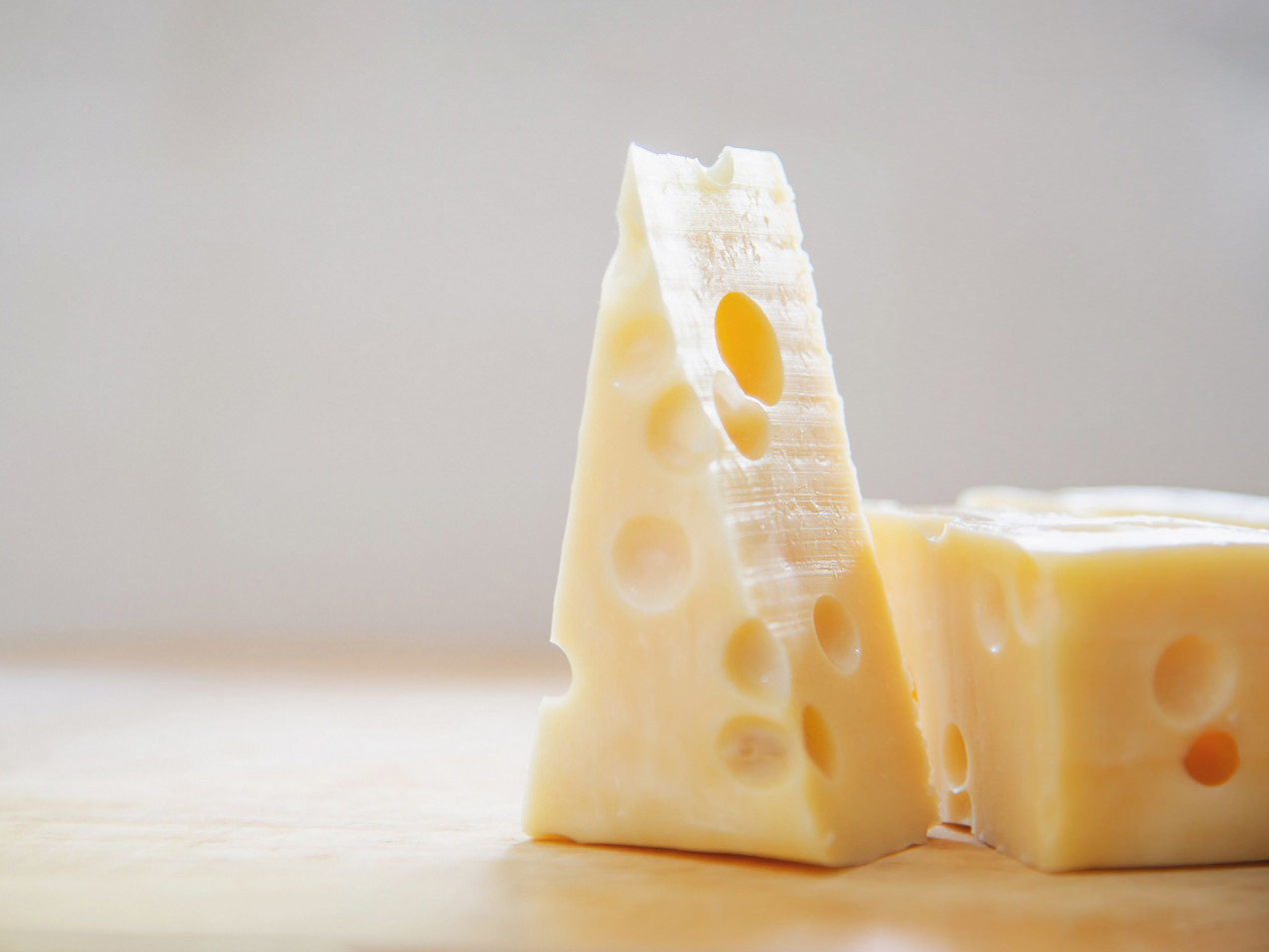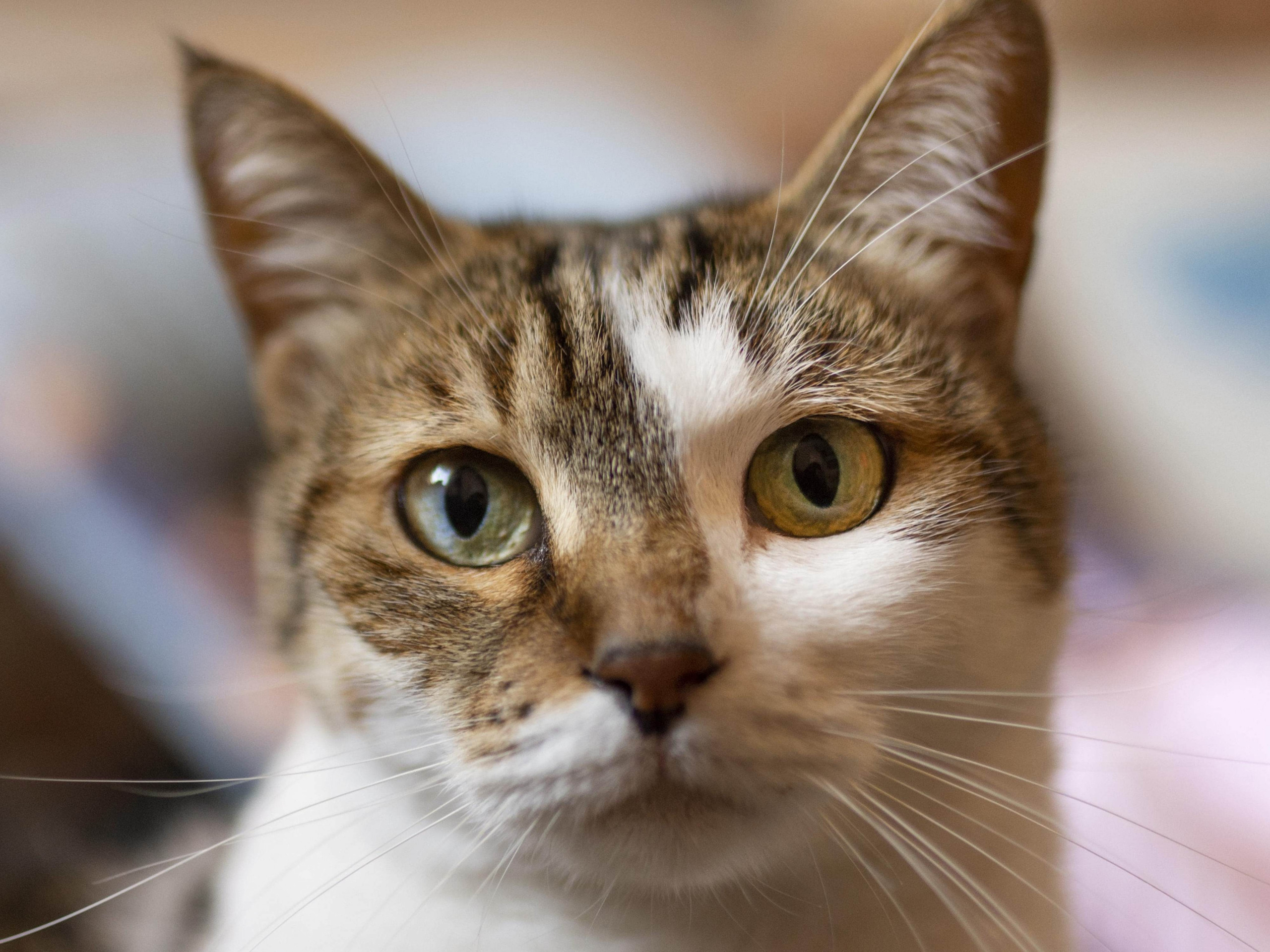Do you need help?

Is cheese good for cats?
Cheese and dairy are not good for cats. They aren’t toxic to cats, but eating too much cheese can upset their stomach and lead to diarrhoea or vomiting. Eating cheese over a prolonged period can also lead to obesity. Some cheeses are also very high in salt, which can cause problems in excess just as it does in humans. Remember, cats (and dogs) need far less salt than we do.
Cats are obligate carnivores and get all their nutrients from meat. A healthy cat diet should comprise meat-based ‘cat food’ and water, with treats taking up no more than five percent of their daily diet.
Does this apply to kittens?
Most adult cats are lactose intolerant. A young kitten‘s body produces lactase, an enzyme that helps digest the lactose in their mother’s milk, but lactase production slows once the kitten starts weaning.
What are the clinical signs of lactose intolerance in cats?
Diarrhoea is a clinical sign of lactose intolerance and can occur eight to twelve hours after your cat ingests a dairy product.
Cats may also suffer from gastric disturbance, vomiting, bloat and excessive gas after eating dairy.
Do I need to call the vet if my cat has eaten cheese?
It’s best to avoid feeding your cat cheese and dairy products altogether, but don’t worry if they eat a small piece of cheese as a one-off.
Keep an eye on your cat if they’ve eaten a large amount of cheese or dairy. If they show signs of lactose intolerance – e.g., diarrhoea, vomiting, bloat or excess gas -it’s a good idea to call your daytime vet or make an appointment with one of PawSquad vets, just to be on the safe side.

Are all cats lactose intolerant?
Not all cats are lactose intolerant, some can process milk just fine. However, we still don’t recommend feeding your cat dairy products, especially not in excessive amounts.
As obligate carnivores, cats can derive all the nutrients they need from meat.
Be careful that treats and similar snacks comprise no more than 5% of your cat’s daily diet.
Which cheeses are bad for cats?
Some dairy products have less lactose than others so in theory, they should be easier for cats to process. (Though there are other good reasons to avoid feeding cats cheese).
Blue cheese:
It’s not a good idea to feed blue cheese to your cat. 100g of blue cheese contains only 0-0.5g of lactose, but it’s still high in fat and contains mould, which can be toxic to cats. Blue cheeses are also often very salty.
Cheddar:
Cheddar cheese contains 0.1 – 0.5g of lactose per 100g. It can technically be fed in small doses, but it’s not recommended. Too much cheddar cheese can cause a stomach upset, and ingesting cheese over a long period of time can lead to weight gain. Cheddar tends to also be high in salt.
Cottage cheese:
It’s best to avoid feeding cottage cheese to your cat. 100g of cottage cheese contains around 3.3g of lactose, ingestion could lead to diarrhoea and stomach upsets.
Feta:
Feta cheese may be lower in lactose than other cheeses, but you should still avoid feeding it to your cat. It’s high in fat and extremely high in salt, which can both affect your cat’s digestive system and lead to long-term health problems if eaten regularly.
Goat’s cheese:
Goat’s cheese may be low in lactose, but you should still avoid feeding it to your cat as it’s calorific, high in salt and very high in saturated fat.
Remember that cats can get all the nutrients they need by only eating meat. Looking for cat-friendly treats to help reward your cat while behaviour training? Have a chat with your daytime vet to see what they recommend.
Is cooked cheese bad for cats?
The rules for melted and un–melted cheese are generally the same. Cheese is high in fat and can cause cats to suffer stomach upsets if they ingest it. It’s best to avoid feeding cheese to your cat.
Can cats eat pizza?
You should avoid feeding pizza to your cat. It’s usually topped with mozzarella, which is high in fat, plus the doughy base is very high in carbohydrates. Pizza is high in salt and, especially if processed sauces are used, may contain other toxic foods like garlic and onion powder.
Can cats eat mac and cheese?
Aim to avoid feeding cheese sauces and other forms of cooked cheese to your cat.
Mac and cheese is high in fat and carbohydrates. As an obligate carnivore, your cat can get all the nutrients they need from a vet-approved meat-based diet.
Can cats eat cheese-flavoured crisps?
Wondering if your cat can eat cheese puffs, Cheetos or cheese and onion flavour crisps?
Try to avoid feeding your cat crisps. Crisps are refined carbohydrates, they’re high in glucose and usually contain lots of salt – regardless of the type or the flavour.
Are cats allowed other dairy products?
Can cats eat ice cream?
Ice cream is not the best choice of snack for your cat because it’s high in fat and sugar, just like other dairy products. Certain flavours, such as chocolate, may even contain poisonous ingredients.
Avoid feeding sugar-free dairy products to your cat too. Some sugar substitutes are highly toxic to pets and can even be fatal – this is especially true for xylitol, an ingredient found in lots of sugar-free products.
Can cats have milk?
Surprisingly, cow’s milk is not a good snack for cats because it contains lactose, which cats’ bodies struggle to process. Stick to clean, fresh water to keep your cat hydrated.
Can cats have cheesecake?
To stay on the safe side, avoid feeding cheesecake to your cat. Cheesecake is high in fat, lactose and sugar, plus chocolate or sugar-free varieties may even be poisonous.
Can cats drink lactose-free milk?
It might seem logical to feed lactose-free milk to your lactose-intolerant cat, but dairy-free milks can still be high in fat and sugar and are best avoided. Commercially-prepared ‘cat milk’ is available and safe for your cats as an occasional treat, but in general clean, fresh water is enough to keep your cat hydrated.
Can kittens eat cheese?
You should also avoid feeding cheese to your kitten.
Kittens can process lactose better than adult cats because when they’re young and feeding from their mother, their body produces an enzyme to help them process the lactose in her milk.
However, once the weaning process begins-usually when the kitten reaches four weeks of age– production of the lactose-processing enzyme will decrease. In theory, your kitten will be lactose intolerant when you bring them home at eight weeks old. The high fat and salt content of cheese is an even higher risk to kittens than adult cats.

